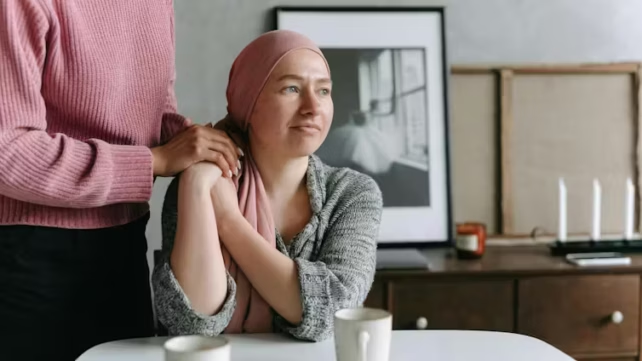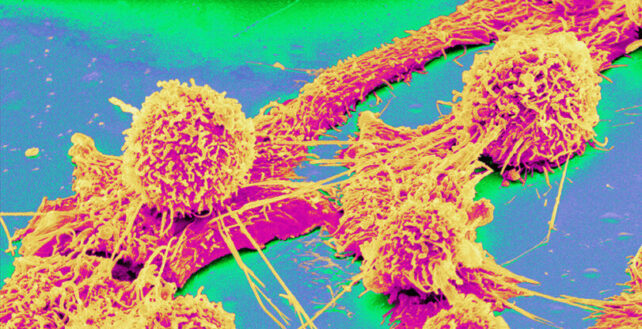Bowel cancer is the fourth most common cancer in Australia, with more than 15,000 cases diagnosed annually. It's also the second most common cause of cancer-related death.
Recently, headlines have warned of an uptick in cases among younger adults, noting bowel cancer cases in people under 50 in Australia are among the highest in the world.
While this is very worrying, it's also important to note the rate of new cases of bowel cancer in Australia overall has actually been falling over the past 20 years or so. Most cases of bowel cancer still occur in adults over 50, and thanks to a national screening program in this age group, rates are declining.
So why are rates increasing in younger people, and what can we do to mitigate the risk?

National screening is working
Australia was one of the first countries to commence population-based screening for bowel cancer. The National Bowel Cancer Screening Program was introduced in 2006. A kit is sent in the mail every two years to adults aged 50–74.
This simple poo test detects microscopic amounts of blood that may indicate the presence of cancer or a precancerous lesion, leading to earlier detection and higher rates of survival.
Despite the effectiveness of the program, participation rates are less than optimal at around 40%. We could see even further declines in rates of bowel cancer if more people took part.
How about younger adults?
In contrast to the falling incidence of bowel cancer in older people, emerging data over the past few years paints a different picture for people under 50.
Research I did with colleagues showed an increase in both bowel and rectal cancer from 1982 to 2014 in Australia in people under 50.
A recent preprint (a study yet to be peer-reviewed) includes data up to 2020, and further supports this trend. It suggests people born in the 1990s have two to three times the risk of bowel cancer compared to those born in the 1950s.
Similar trends have been noted in many countries, however international data suggests the rates of young-onset bowel cancer in Australia are among the highest in the world.
What's driving this increase?
At the moment the causes are unclear. Some studies have focused on diet and lifestyle, obesity, and consumption of red meat.
However, diet as a cause of any disease is notoriously difficult to study. This is because it requires long-term data on what people eat, and following them up for the development of the disease (called an observational study).
If there are positive findings in the observational study, researchers may then test their hypothesis in a randomised controlled trial where one group eats a certain food (such as red meat) and the other does not, and then compare rates of bowel cancer in each group over time.
Due to the near impossibility of conducting these types of trials – as participants would need to follow strict dietary guidelines for years – dietary causes are challenging to prove.
More recent research has focussed on the potential role of E. coli infection in childhood, proposing that infection with some strains may lead to early DNA changes and subsequent increased cancer risk. Other research is looking at the role of an altered gut microbiome. These hypotheses warrant further work.

What can people do to reduce their risk?
It's important to watch for any new or concerning symptoms. Any blood in your poo, particularly if it's a new symptom, or a change in your regular bowel habits, are good reasons to promptly book a doctor's appointment.
And while the bowel cancer screening kits are sent to adults from age 50 every two years, as of 2024 people aged 45–49 can request a kit to be sent to them.
Because the participation rate in the bowel cancer screening program is less than optimal, people over 50 who receive the kit in the mail are strongly encouraged to do the test as soon as possible. Increasing screening participation rates remains one of the most important ways we can reduce the burden of bowel cancer in Australia.![]()
Suzanne Mahady, Associate Professor, Gastroenterologist & Clinical Epidemiologist, Monash University
This article is republished from The Conversation under a Creative Commons license. Read the original article.
